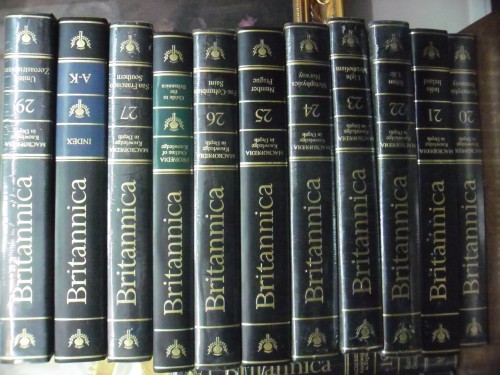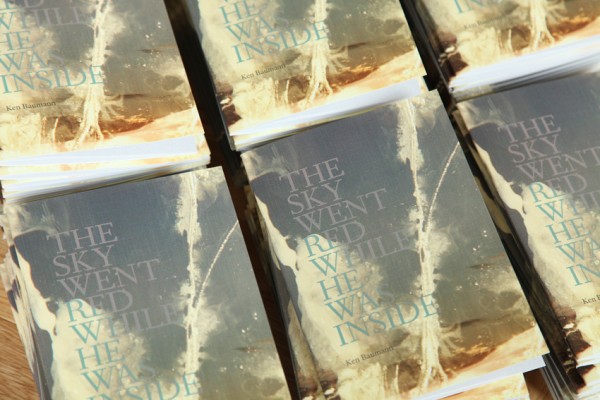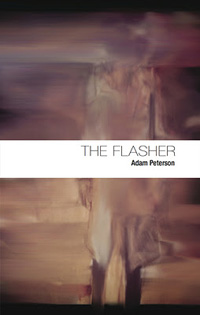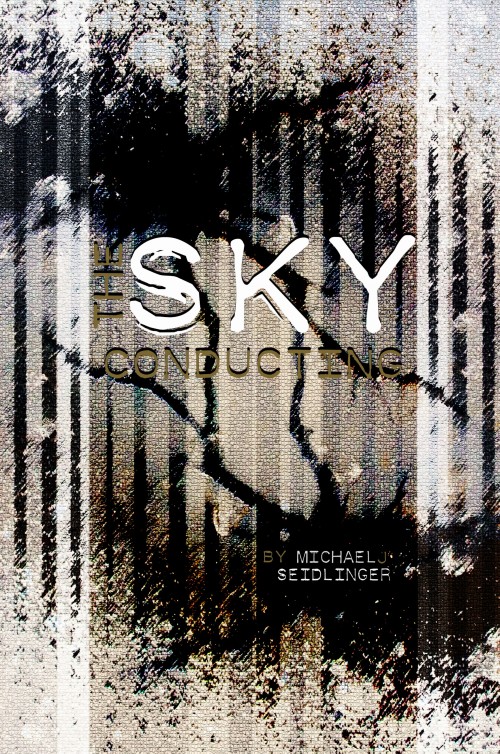
Hello, I’m Norma Chan, Tak-Lam, S.B.S., J.P., Chief Executive, Hong Kong Monetary Authority (HKMA). I have a publishing business worth 47.1m USD for you to handle with me. I need you to assist me in executing this project from Hong Kong to your county.
READ MORE >
Craft Notes / 7 Comments
March 14th, 2012 / 11:09 am
There is no secret to this at all. Use the CW vocabulary. The creative act is a feed triangle of writer and work and reader. Technical issues: beginnings, titles, structure, characters, language, setting, corn, mood, etc. Are we talking birds? Can you give me a map to that tunnel through the mountain so I don’t have to spend so much energy climbing this stupid mountain? Whether they’re absorbing it or not? No clue. Positive AND constructive comments. I’m getting a feeling you are a bigot. Comedians get to see if someone is actually laughing. Coaching and nurturing (editors don’t do this like in the past. Now groups and workshops and universities do this). WORKSHOPS are not debates! Makes art cooperative and collaborative. Were you ever lost? Did we understand the ending? Any transition problems? Is the horse believable? If I slap Barbie, how does she react? Dialogue realistic? Any places you felt tension? Don’t write the story where you kill the class, I beg you. A desire to see what happens? What is the central conflict? I love when characters say strange or funny things. The pilot said. “Hey, Tiger,” as a greeting to the little boy. After a brief pause, the kid said “I’m not a tiger.”

What is your mental image of the main character? THEME PLOT LANGUAGE Should you accept all of them, or ignore them, or what? It’s like Russian nesting dolls? Get inside the syntax. Maintain equilibrium so they can keep moving the work forward. Cleavage! Polite. Always respond to the story! Don’t ask her out with a comment. As a consequence I end up feeling at a loss when I don’t have a pen in my hand—it’s just a kind of job hazard that the pen is part of the reading life. Compare to things in class, other texts. Take notes as you read. A work is a work IN PROGRESS! You can accept or reject an opinion. If I say 2+2 does not equal 5, it won’t hurt your feelings. You will get last word in your FINAL DRAFT. I can’t move people in cars. Grammar concerns, editing, corn. Rudeness, sarcasm. Do NOT be prescriptive. It’s not your draft! A lack of honesty. “It was all good.” “This is not college level” etc. Remember, this is a draft. Is that beer? Confusing the writer with the material. (I can write from the perspective of Billie Holiday, for example.) I really can’t see that anything has changed. And the people in either of these extremes can vary greatly from room to room. You have to define the rules when using magic. The writing is too good to be written by a bad writer. Corn.
Craft Notes & Random / 4 Comments
March 14th, 2012 / 10:44 am

When I was a kid, my mother assigned homework to my brothers and I in addition to any homework we may have been assigned in school. My mother’s homework was generally more of a priority. Some of her assignments came from Little Professor workbooks but most of her assignments came from the Encyclopedia Britannica, which she made us read, a lot. I have, in my lifetime, read the entire compendium. I know things.
My mother would give us a page range and we’d read and write little reports on what we learned. Other times we had to do assignments that reflected critical thinking—comparing and contrasting different topics, creating new entries or using existing entries as the starting point for a story or article of some kind. At times, I did not understand why we were being forced to read that stupid thing, but I know now—my mother wanted, in her way, for us to understand that knowledge is important, that knowledge is a tool for better thinking.
READ MORE >
Random / 33 Comments
March 14th, 2012 / 1:00 am
Last week’s New Yorker (3/12) covers the Whitney Biennial. One passage that caught my eye:
“See, for instance, Gisèle Vienne’s mechanized boy mannequin wielding a hand puppet, with a chilling soundtrack by the Los Angeles poet and novelist Dennis Cooper. ‘I’m not dead,’ the boy muses, ‘unless this is death.’ The sinister-voiced, twitching puppet comments on things that the boy imagines, in what sounds like a game of exquisite cadaver: ‘decapitated head upon severed arms upon mutilated trunk-like logs and branches in a fireplace.’
‘Because I said so is the fairly witless way most images get you to look at them,’ the poet and performer Ariana Reines writes in an essay that complements, rather than addresses, the grotesque montage photographs and assemblages, satirizing high fashion, by the artist who styles herself K8 Hardy.”
Massive People / 2 Comments
March 13th, 2012 / 3:51 pm
I’m in the early stages of developing an online CW class. I’m thinking an intro class. Anyone taken one? Advantages? Entanglements? I wouldn’t mind hearing some anecdotes. Was it synchronous or asynchronous? Did it matter to you? Face-time versus online time—what IS the difference, to you? What can ‘physical’ time offer online could never? What can online offer over physical?

I’m asking big picture questions here, sure. As I said, I’m in the early stages. One key aspect of early stages: Do I want to do this? I feel it could be innovative and high quality, but I could be wrong. I haven’t taken or taught an online CW class. You?
Haut or not / 15 Comments
March 12th, 2012 / 7:32 pm

I’m giving away two copies of THE SKY WENT RED WHILE HE WAS INSIDE, a small book produced by Kiddiepunk. The man behind Kiddiepunk and the cover artist/brilliant artist in general is Michael Salerno. This book is made of edited sections from CALL OUT, a novel I wrote. To enter: comment! I’ll randomly pick two people and hunt their e/meat addresses down. Thank you.
Contests / 57 Comments
March 12th, 2012 / 1:54 pm
 The Flasher
The Flasher
by Adam Peterson
SpringGun Pess, 2012
60 pages / $14 Buy from SpringGun or SPD
I read 80% of Adam Peterson’s The Flasher in the bathtub, which seems entirely fitting. I’m not at all afraid to say that baths stimulate me in the same way flashing stimulates flashers. Baths compel me, they invigorate me, in some strange way they solidify my relationship to the greater world. The only difference between soaking in the tub and flashing is where one is solitary, contemplative, the other asks for a wider public, a larger stage. But both are—mysteriously no doubt—borne out of reverence for one’s place in the always-spryly grinning universe.
At its core The Flasher is a love story. A man—the flasher—falls in love with a woman—a muffin store employee—who “takes [muffin] batter off [her body] with her tongue” (31) and is possessing of what can only be described as a nuanced personality. The flasher attempts to woo said woman/muffin store employee. He fails. The end. Throughout the course of the book other things, of course, happen: the flasher visits his ailing mother in the hospital, the flasher makes french toast, the flasher uses a public restroom, the flasher swallows the Earth and diagnoses the sky. But the flasher’s relationship with his would be lover is the driving storyline, the one element of the book that—albeit obliquely—ties everything together. Without it there would be no, as it were, narrative thrust, nothing to continue to propel the reader forward.
READ MORE >
4 Comments
March 12th, 2012 / 1:00 pm
“There are people who say, ‘If music’s that easy to write, I could do it.’ Of course they could, but they don’t. I find [Morton] Feldman’s own statement more affirmative. We were driving back from some place in New England where a concert had been given. He is a large man and falls asleep easily. Out of a sound sleep, he awoke to say, ‘Now that things are so simple, there’s so much to do.’”
—John Cage, Indeterminacy
100 things to do when you have the time
- Doodle. Look for new styles, new approaches.
- Draw a picture of a friend. See how many different ways you can do it, such as how few lines you can use.
- Recite something you once memorized: a poem, a song, a story, a monologue.
- Memorize something new.
- Write a review of something you like.
- Go over the steps in a procedure or a process.
- Explain to a friend a thing you know, or think you know.
- Write a song, or cover a song.
- List the projects you’re working on, or want to work on. Set a deadline for completing one of them.
- Review every thing that you’ve done in the past week, the past month, the past year, the past five years, the past decade.
- Reread your diary or journal. If you don’t keep one, reread old sent emails.
- Describe something in as many words as possible, then as briefly as possible.
- Make up a riddle or joke.
- Make a puzzle for others to solve.
- Play a Dadaist/Surrealist/Oulipian writing game, such as automatic writing, the Exquisite Corpse, the Cut-Up Technique, homophonic translation, lipograms, …
- Write a story or poem entirely in your head.
- Observe whoever is around you. Note what they’re doing.
- Observe how the energy levels in a room change over time.
- Perform John Cage’s “silent piece” (4’33”). Pay attention to both the aural and the visual.
- Perform random FLUXUS pieces, then try inventing new ones.
- List all of your interests. Prioritize them.
- Compose a view.
- Explore a texture (a fabric, a liquid).
- Examine a nearby text. Why is it the way that it is?
- Explore a space: a room, a building, a street, a city.
READ MORE >
Random / 14 Comments
March 12th, 2012 / 8:01 am






 The Flasher
The Flasher